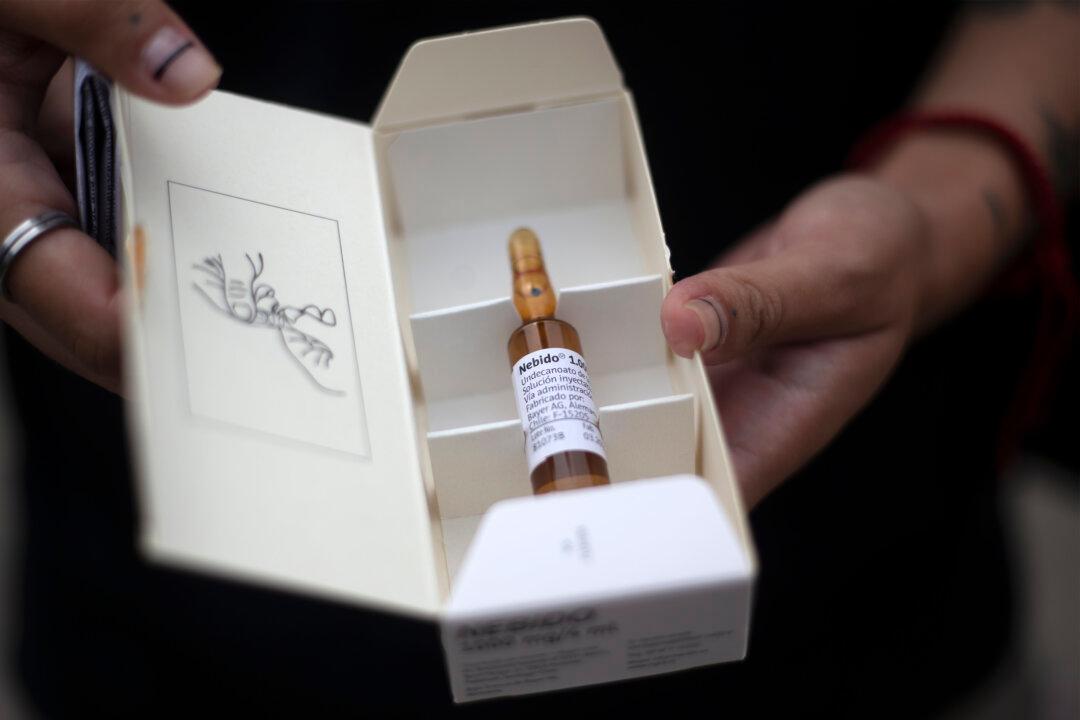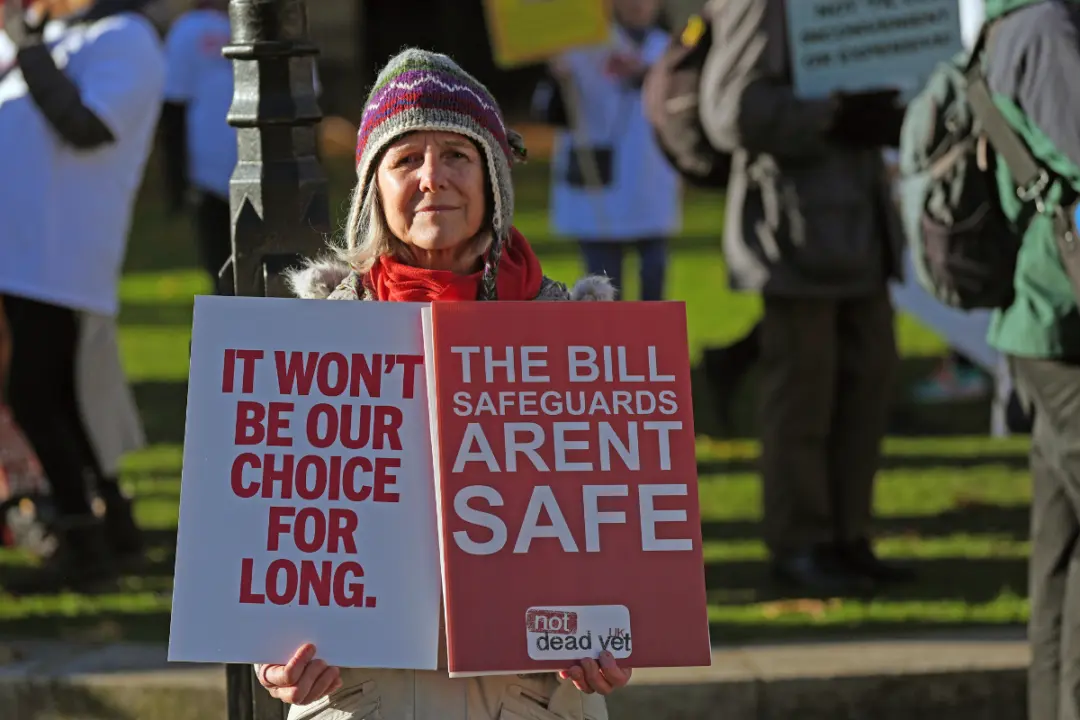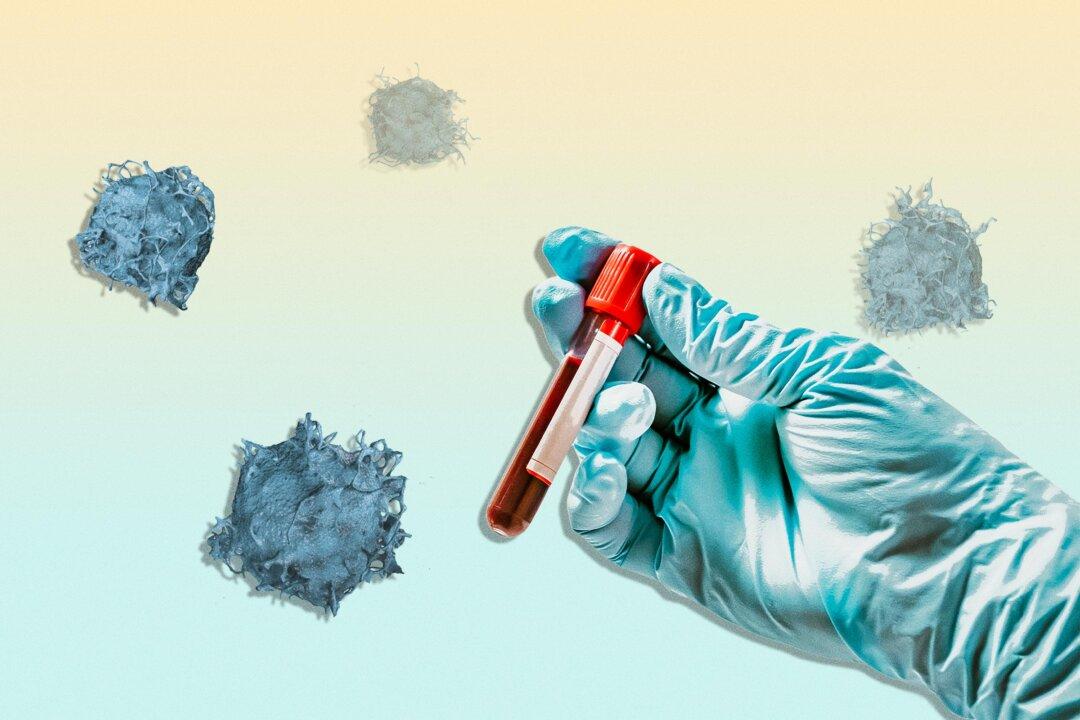Commentary
When I was a little boy—beginning at age 3 or 4—I played a game with my mother. I would put one of her shawls over my head and say to her in a high-pitched voice, “I’m a little old lady!” Mom would play along, and we would have a few-minute conversation about my pretend life as an elderly woman.





